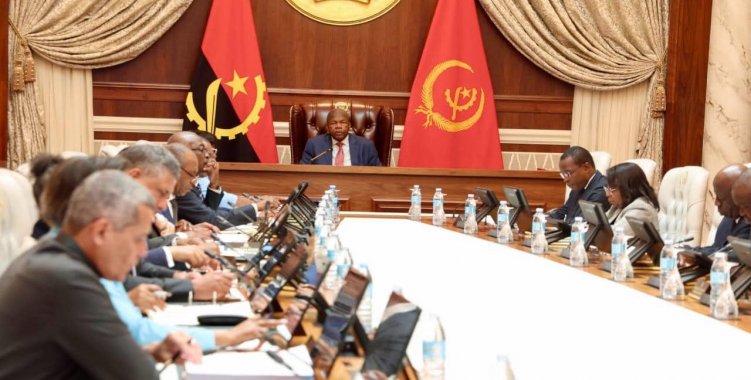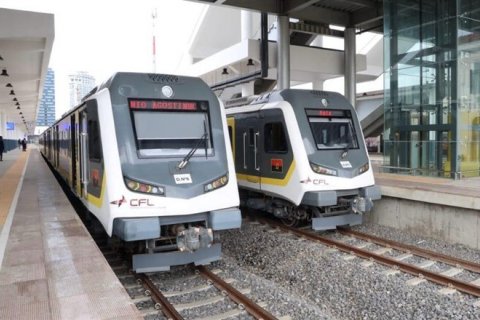According to a statement from the Presidency of the Republic, to which VerAngola had access, of the various points that were part of the session's agenda, the highlight was the future airport city.
"Among the various topics addressed by the members of the Council of Ministers, the presentation of the general concept of what is envisioned as the future airport city of Icolo and Bengo stands out, highlighting the modernity of its design and the high quality of its leisure, cultural and tourism options," reads the statement.
Designed for the surrounding lands of Dr. António Agostinho Neto airport, this city is being "thought of as an asset capable of attracting the best of national and foreign investment".
"The city planned for the land surrounding Dr. António Agostinho Neto International Airport is designed as an asset capable of attracting the best national and foreign investment and an anchor in connecting Africa to global markets", reads the note, which adds that "at the same time, and in summary, an urban settlement with status is planned to be created in the territory to provide a unique opportunity for the new province of Icolo and Bengo".
According to the meeting statement, cited by Angop, the document analyzed describes the design process, which ranges from the program to the concept of the urban plan for this city, highlighting the fundamental principles.
Thus, with the approval of this plan, the aim is to create a new logistics services center, focusing on the actions of the Green Airport Agenda and embracing a sustainable approach, as well as aiming to project an "Angola of the Future" that attracts investment and positions Angola as a "leader in connecting Africa to global markets".
In addition to attracting investments, among others, it also aims to create "jobs for current and future residents of Icolo and Bengo, in line with the economic growth projected until 2050".
The Council of Ministers also analyzed the Law on Amendment and Republication of the General Tax Code, whose diploma "aims to adapt the General Tax Code to the current legal framework, as well as the adjustment, simplification and alignment of the tax procedure with the current reform of the special tax legislation", points out CIPRA, in a statement to which VerAngola had access.
"The meeting also analyzed, within the scope of the structural reform of the Angolan tax system, the Law that approves the Corporate Income Tax Code", says the note.
Among the various points analyzed was also the Draft Presidential Decree that approves the National Civil Aviation Security Program (PNSAC), whose objective is to "update the National Civil Aviation Security Program, so that it is in line with standards and recommended practices, aiming to achieve the greatest possible uniformity".
"The government board debated an eight-point agenda, with matters submitted by seven ministerial secretariats, namely: Finance; Justice and Human Rights; Public Works, Urban Planning and Housing; Transport; Education; Culture and Foreign Relations", explains the Presidency of the Republic.







